The Hamilton Watch Company stands as a venerable name in horology, renowned not only for its timepieces, but also for its deep-rooted connection to military history. Established in 1892 in Lancaster, Pennsylvania, Hamilton quickly made its mark by producing pocket watches that were instrumental in both civilian and military spaces. During World War I, Hamilton became a primary supplier of timepieces to the U.S. Armed Forces, earning accolades for their reliability and design. This role continued into World War II, when Hamilton halted their production for civilian use in order to focus on supplying Allied forces with standard issue wrist watches Ė watches that became indispensable to soldiers and aviators alike. The company’s commitment to military excellence culminated in the creation of the iconic Hamilton Khaki Field line, a collection that pays homage to its heritage while meeting the demands of modern adventurers in its specifications.
Inspired by the rugged timepieces worn by military personnel, the Khaki Field collection blends classic military aesthetics with contemporary functionality. The Khaki Field Expedition launched last year, and their 41mm and 37mm options highlight the brandís move into inclusive sizing options. These watches are characterized by their durable stainless steel cases, legible dials, and the notable bidirectional compass bezel which allows its users to find their bearings using the sun. Their accessible price point also lends them to being a friendly introduction to mechanical watches for beginners, while still remaining a collection staple for more seasoned enthusiasts. As a symbol of both heritage and innovation, the Hamilton Khaki Field line continues to capture the essence of exploration.
Some readers might know that Hamilton has a special place in my heart. I picked up the Murph 38mm last May and it quickly became my daily wearer and my companion on every adventure. Needless to say, I was incredibly excited when I got the invitation to attend a three day excursion testing out the new iterations of the Khaki Field Expedition and their corresponding NATO straps in the desert of Arizona. The trip was broken into three different tests: land, sea, and air. These tests helped provide a nice structure to the trip, with each segment feeling both like an opportunity and a trial where we could put the watch through its paces. Joining me were three members of Hamiltonís US-based team and a small group of fellow journalists Ė a fun combination of both watch and outdoor lifestyle writers and photographers.
Land
The first test was land and saw us pitting the watch against the thick dust of the Sonoran Desert. We paired off and crawled into two-seater Side x Sides, and raced over bumps and banks, kicking up clouds of sand in our wake. There were times the white dial of my watch was nearly unreadable through a layer of silt, and our guides emphasized keeping our helmet visors down and our neck gaiters up. I was grateful for the lightweight durability of a NATO instead of something more cumbersome. The experience was hot (temps hit 102 degrees Fahrenheit that day) and unbelievably gritty, and we were loving every minute of it.
Sea
The next test was sea, and the group, more dirt than human by that point, was looking forward to it very much. Unfortunately, I had to skip this particular adventure Ė white water rafting Ė as Iím currently recovering from a handful of broken ribs. So it goes. Though a blast, the ATVs were much bumpier than I expected. Since I was already pushing my physical limits with the Side x Sides, I didnít want to continue testing fate by trying to remain upright in a raft. So, while my peers were battling the elements in Arizonaís Salt River, my Khaki Field Expedition was being baptized poolside back at the hotel. However, I recently got a chance to get it in deeper water with a lake camping trip this past weekend. It passed with flying colors.
Air
The highlight of the adventure came the next morning* Ė if ďmorningĒ is a term that can be used loosely here. After a quiet dinner on site, I retreated back to my bungalow and set my alarm for 2:00 AM. Oof. After meeting up with the crew an hour later in the lobby and hopping in our shuttle, we made our way, bleary-eyed and mostly silent, about forty minutes west. The sun was cresting the horizon as we drove through saguaro cacti and stretches of desert for miles to our destination: a hot air balloon launch site.
The wicker basket proved to be fairly tight quarters as the pilot and nine of us from the Hamilton team, donning backpacks and various camera gear, filed in. I was surprised to find, since I was a hot air balloon novice, that there were no rails or guards of any kind. As we rose at a rate of 800 feet per minute, I was grateful for the redundancy of my watchís NATO strap. Three-thousand feet up in the air is not the place you want to have a spring bar failure. Or a failure of any other kind, really. We were in the air for about an hour, ascending and descending to various altitudes, searching for different wind speeds. Every moment provided the perfect photo opportunity.
After landing safely back on the ground, dodging a cactus or two, we popped a celebratory bottle of champagne. Our pilot informed us this is a tradition in the world of ballooning, and we toasted to our return, the overcoming of fear, and to friendships formed over a love of watches.
Final Thoughts
This Khaki Field Expedition, in my humble opinion, lives up to the brandís heritage and tradition of making highly functional, purpose built tools. Itís rugged enough to bring along on any outdoor pursuit, which is not something Iíve always felt of my other field watches. The 37mm white dial, the one I selected for my trip, is highly legible and the slightly curved lugs means it fits well on my 5.75 inch wrist. I was amazed when the OD green NATO strap fit me immediately Ė many stock straps are not able to accommodate small wrists, and it was nice to feel like this watch was designed for someone like me.*
My only qualm with the Expedition is a wish that there was better lume orientation to twelve oíclock, as the time can be difficult to read at night. This could be done through lume application to the ďnorthĒ direction on the bezel or a double pip at twelve to visually separate it from its neighbors. Additionally, the white reference can be difficult to read with water or dust on the dial, as it casts strange shadows. I canít speak to the blue or black dials, though I imagine itís not as noticeable on those darker colors. This is a problem that can be solved with a quick wipe with a shirt sleeve.
Overall, Iím really impressed with both the watch, and the adventure I was fortunate to have surrounding it. The world of watch writing is a niche one, and it was great to meet folks who were brought together through that. Iíve researched ATV and hot air balloon experiences more times than Iíd like to admit after arriving home, and I credit the drive to explore new sights via those methods to this recent trip. The Khaki Field Expedition is definitely my watch of choice for the summer. Iím sure it will join me on a lot of outdoor pursuits this season, but something makes me believe Iíll always look down and see some leftover dust from the Sonoran Ė just for a second. Hamilton
The post Into the Elements: Hamilton and the Khaki Field Expedition appeared first on Worn & Wound.
More...



 Likes:
Likes: 

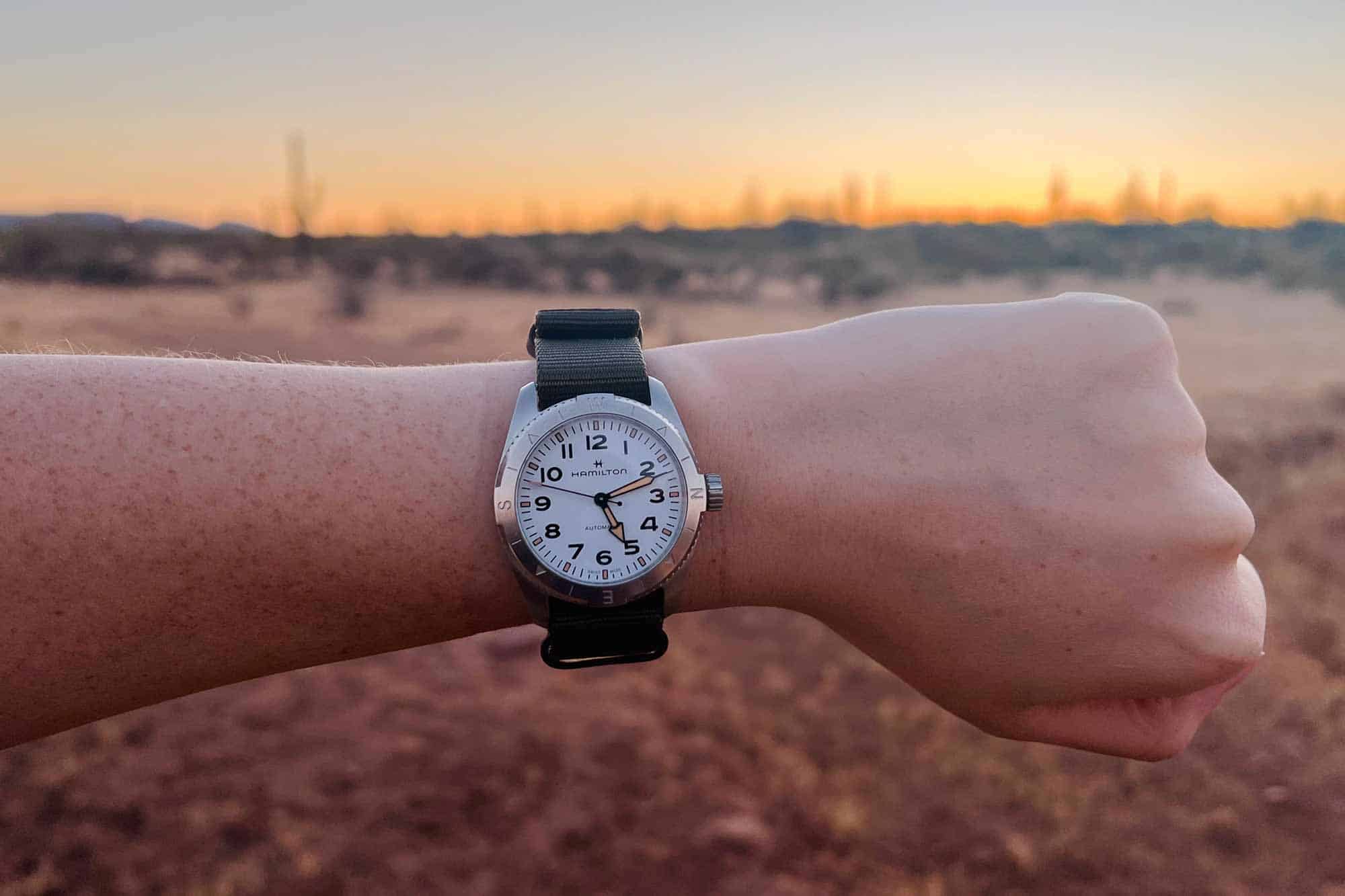
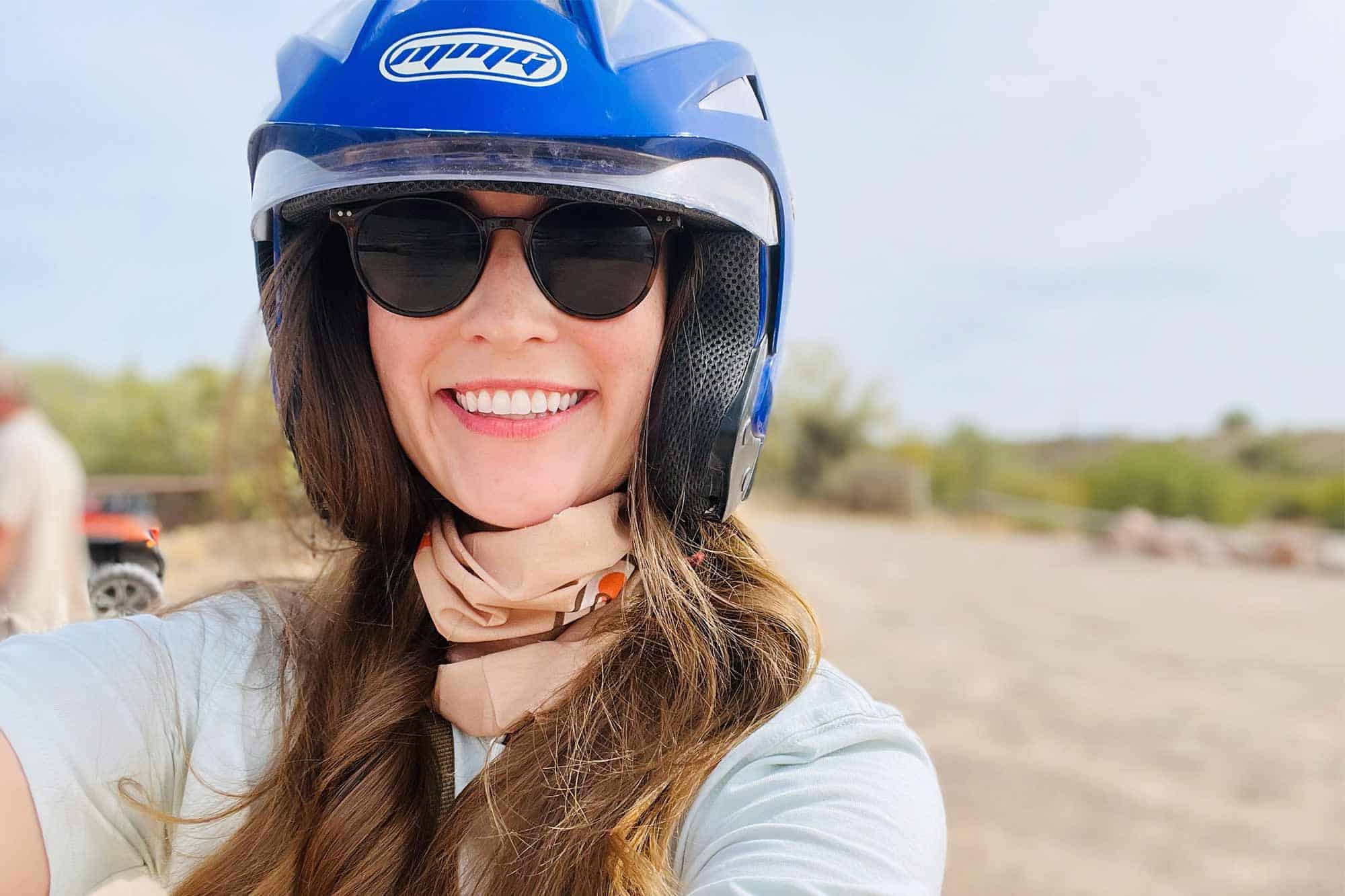
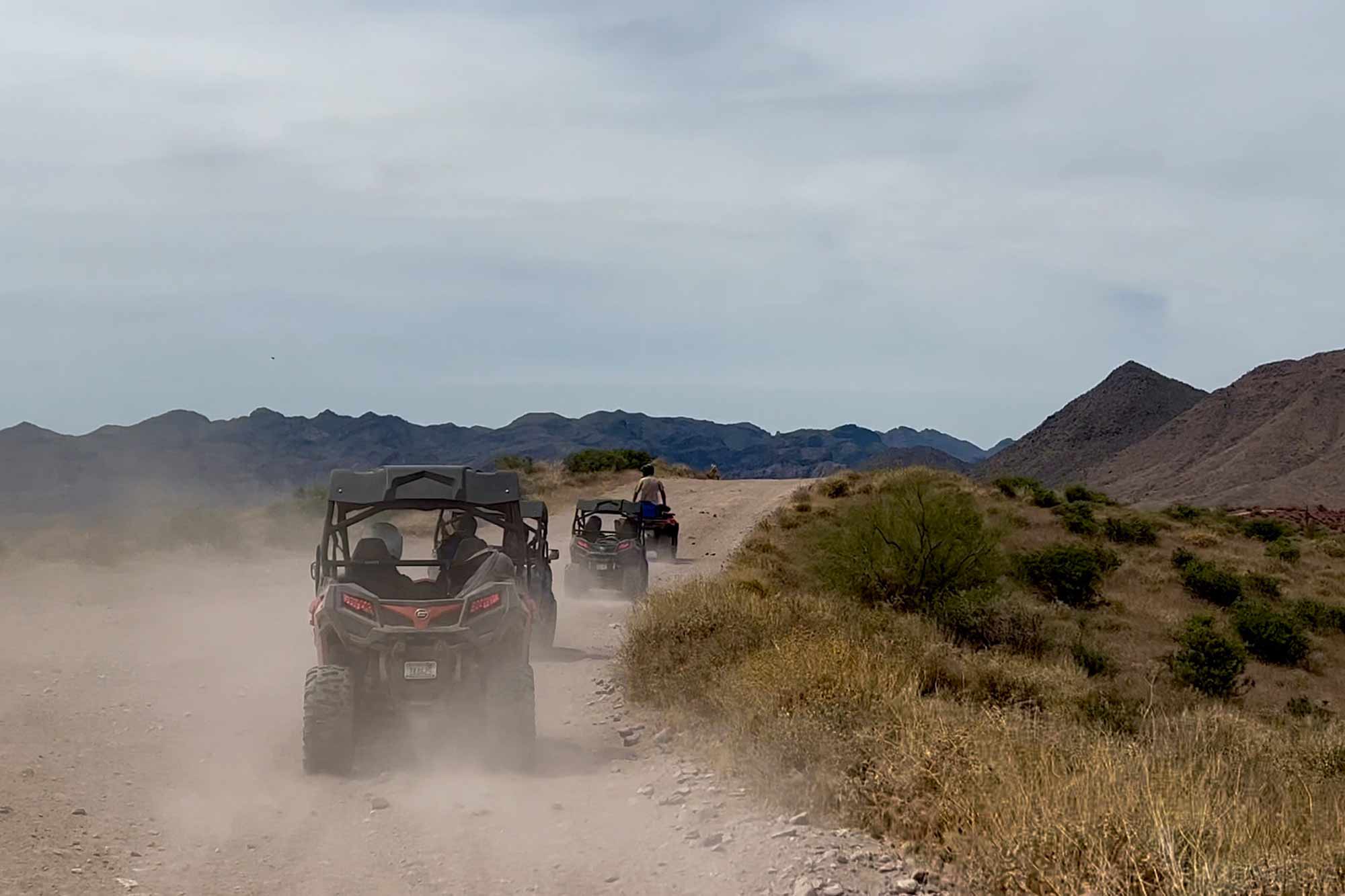

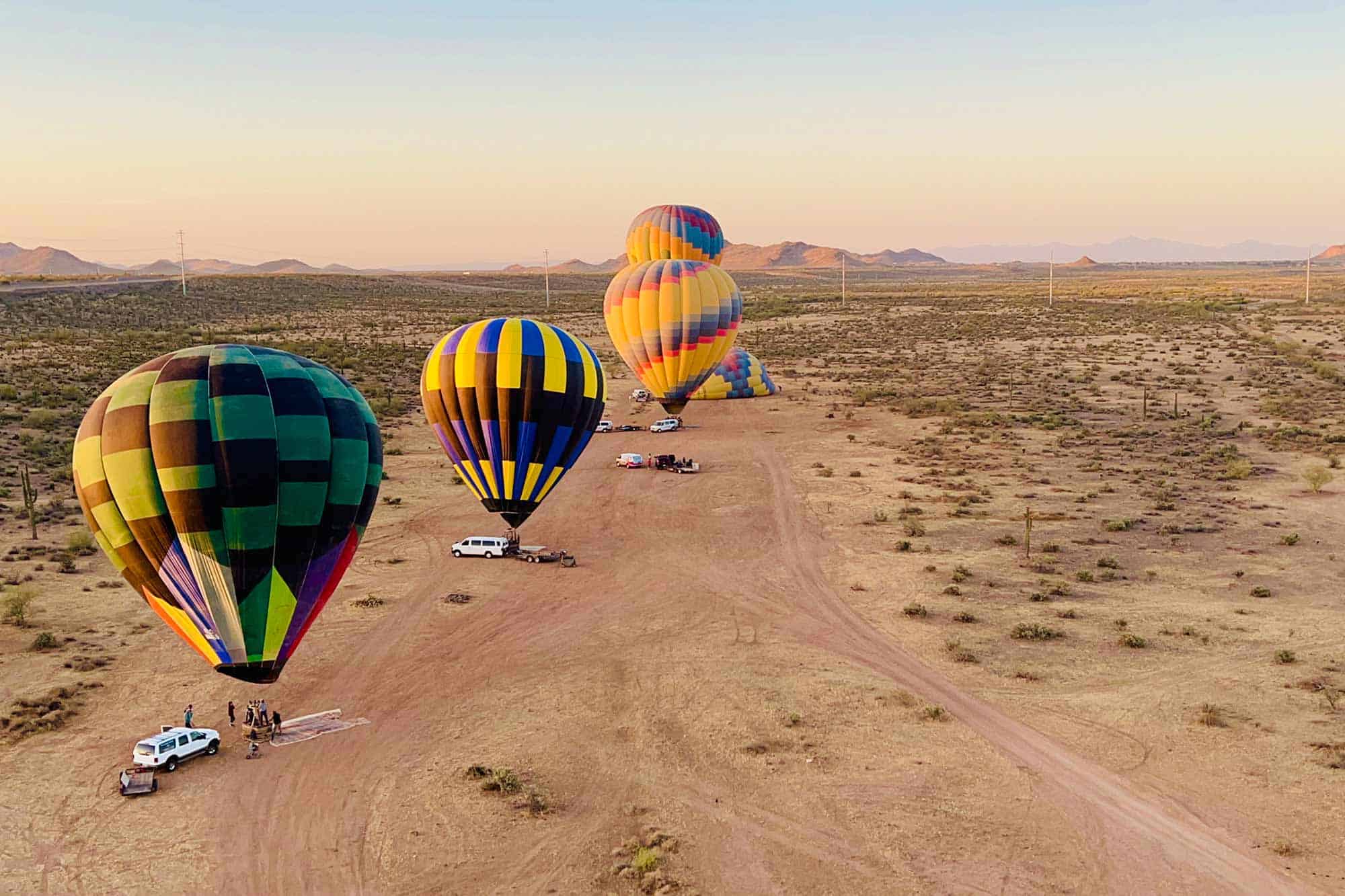
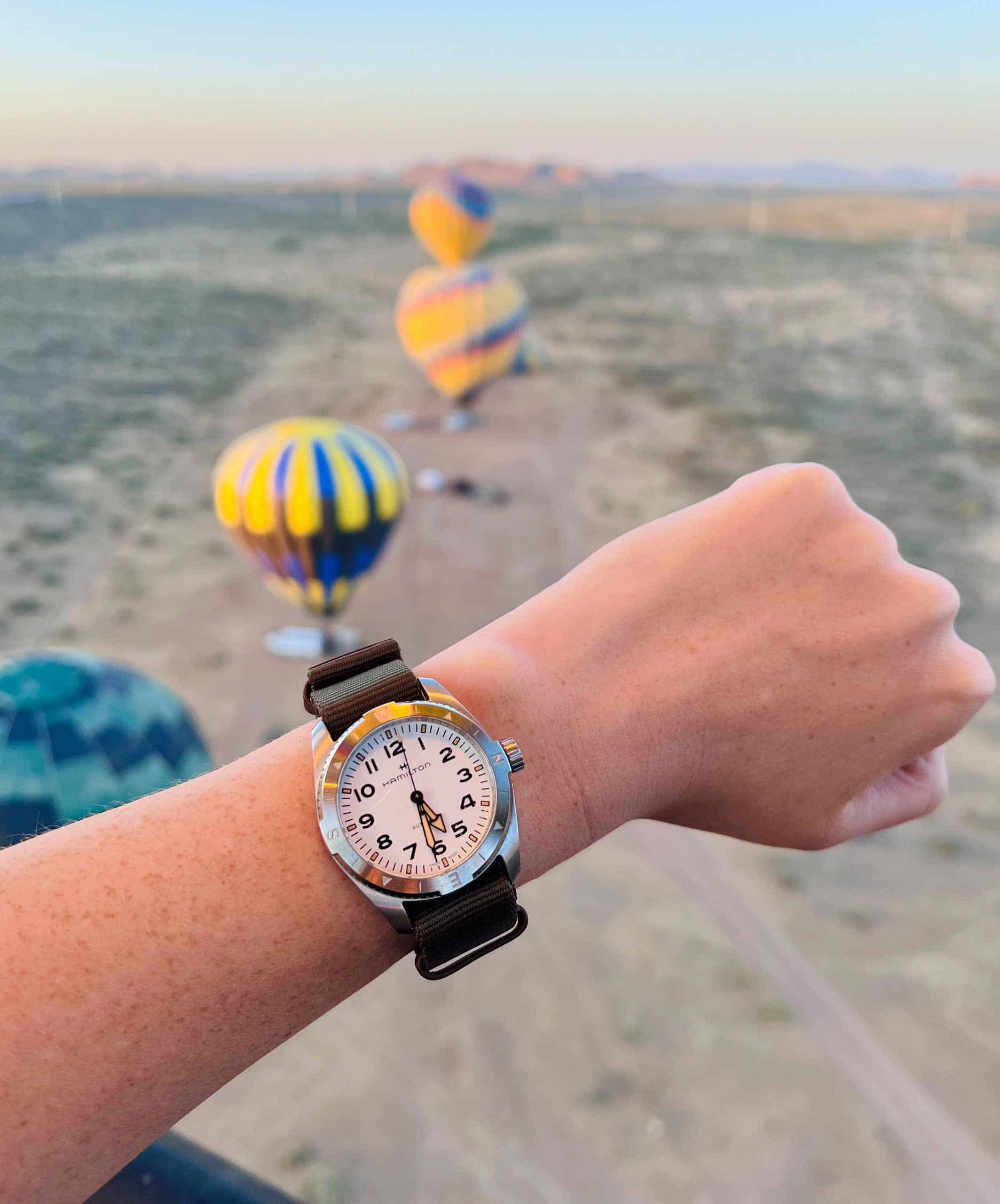
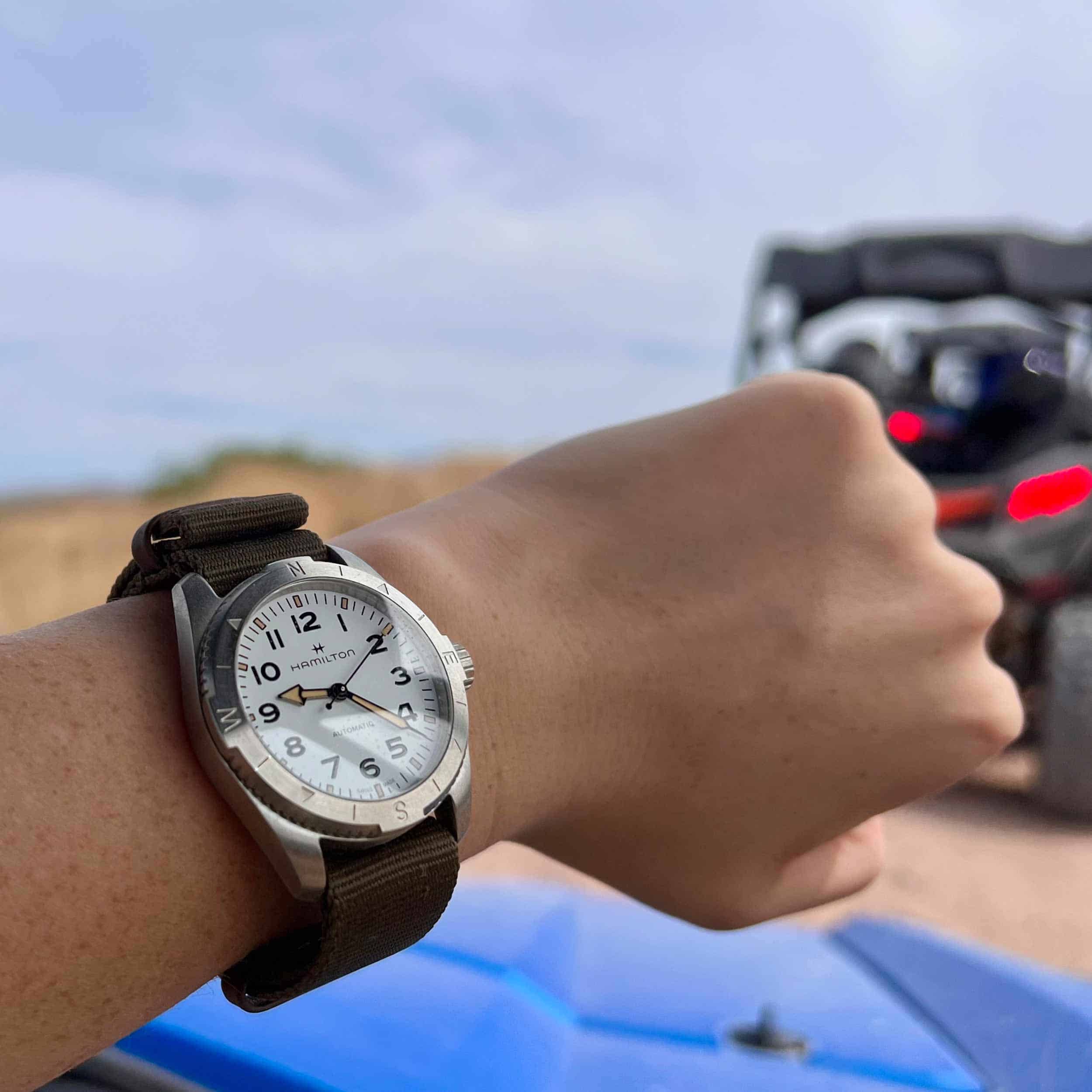
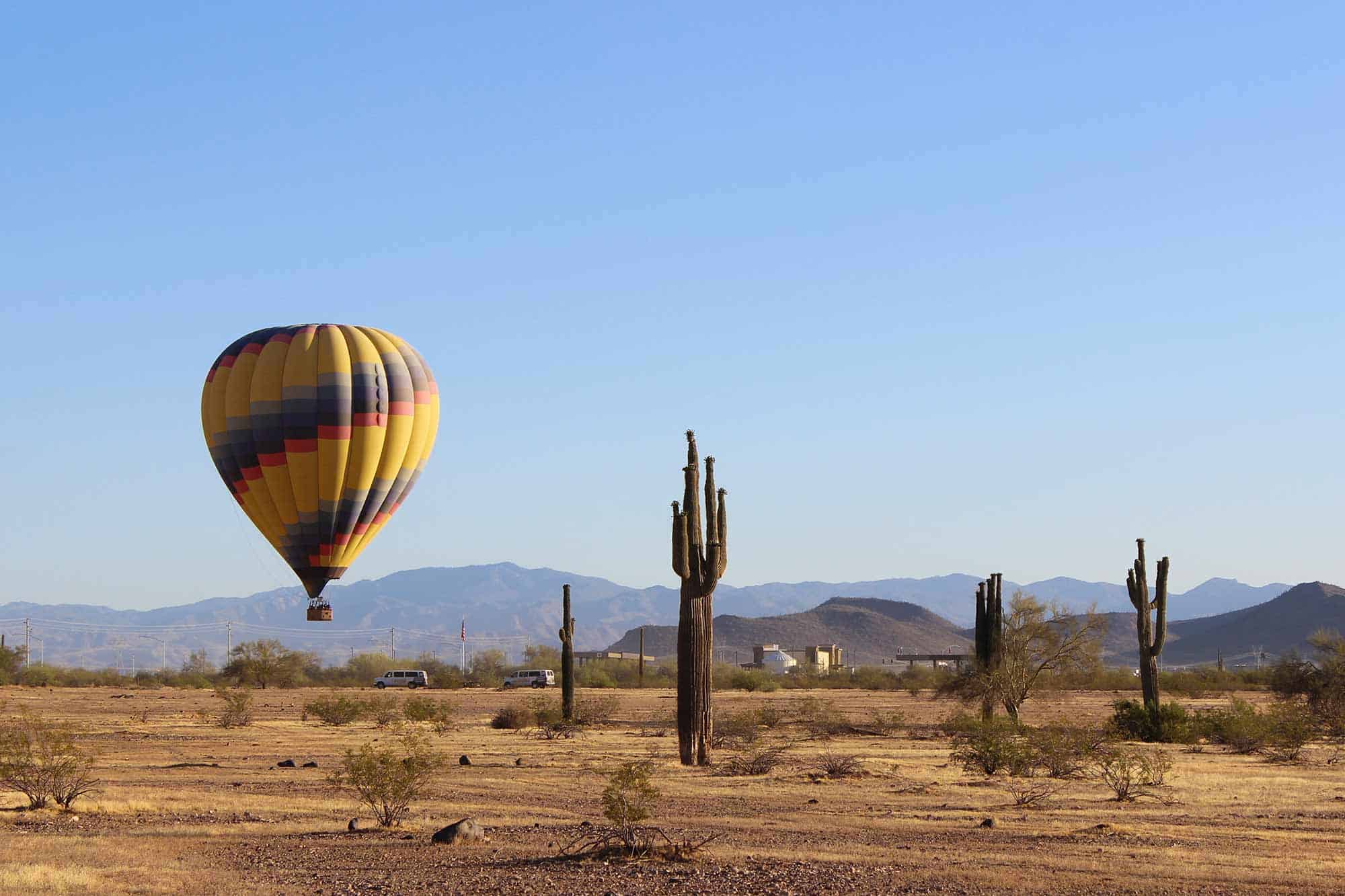

 Reply With Quote
Reply With Quote